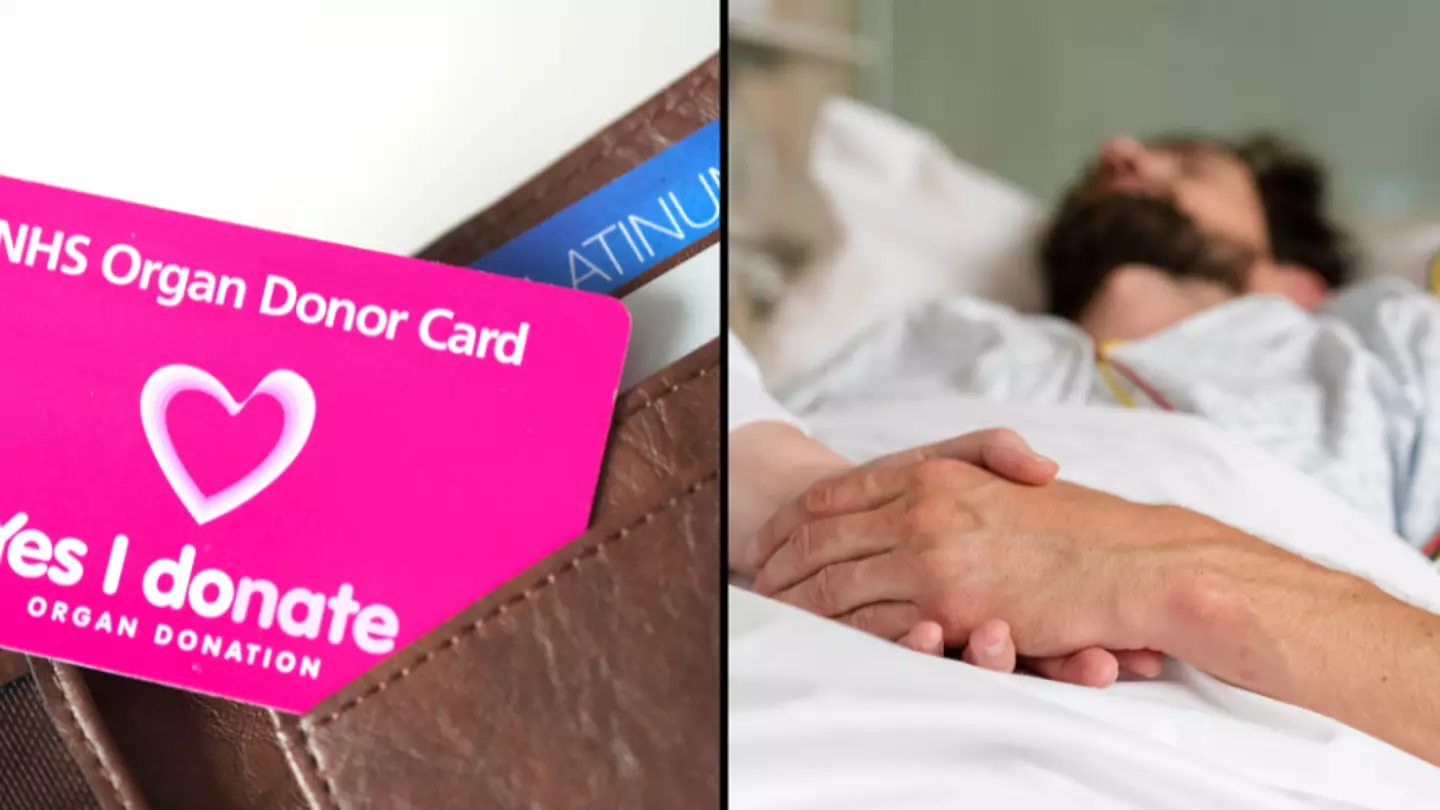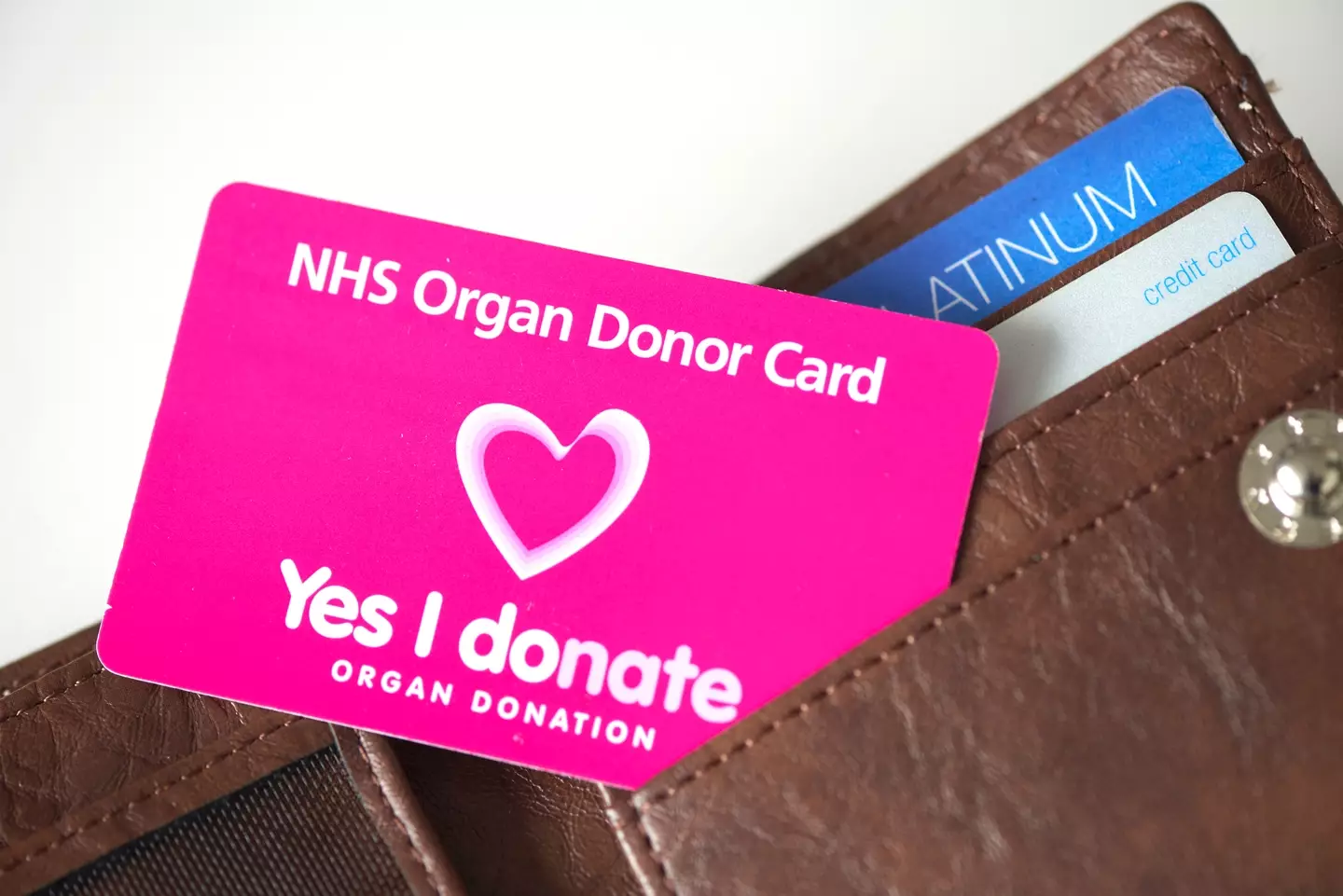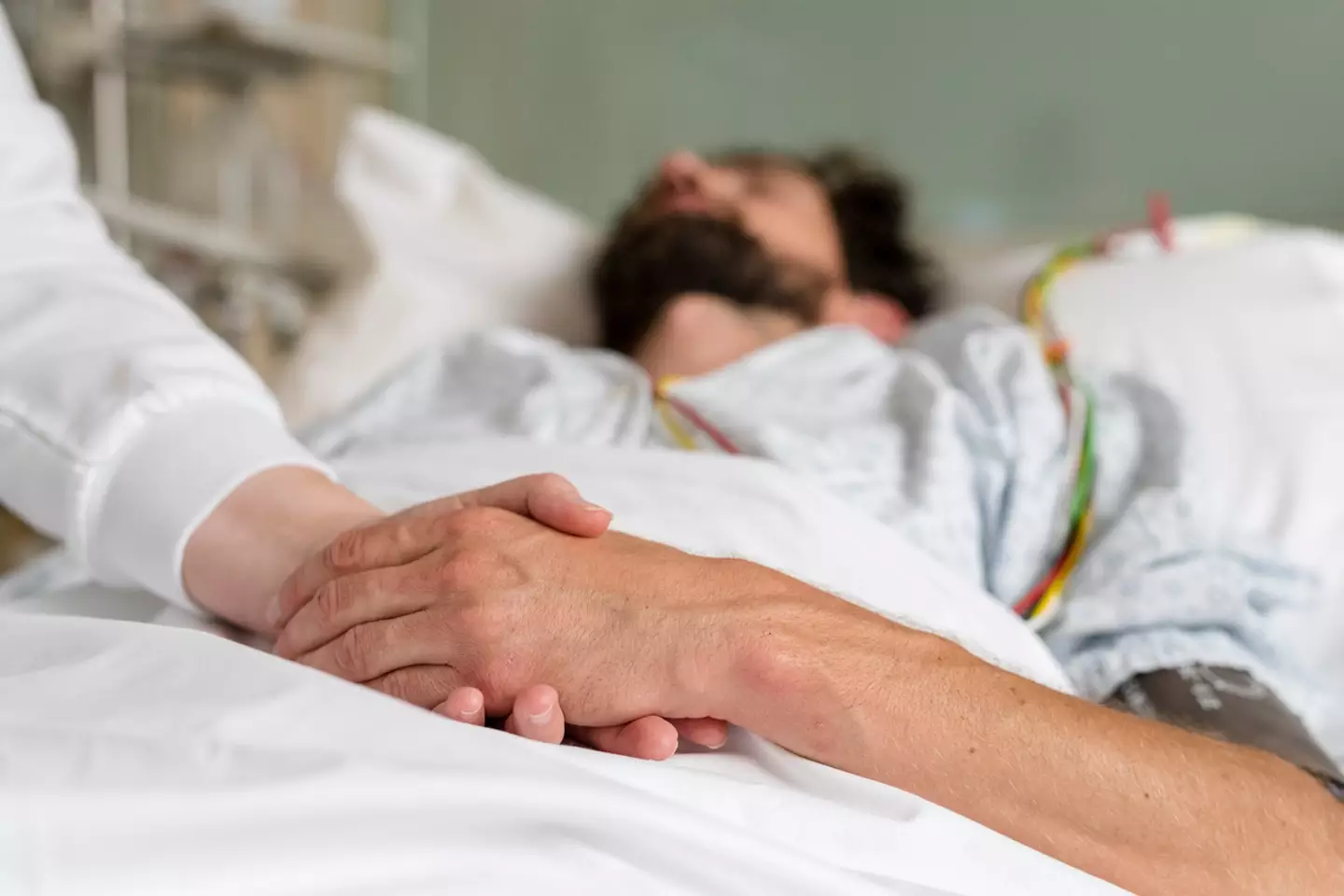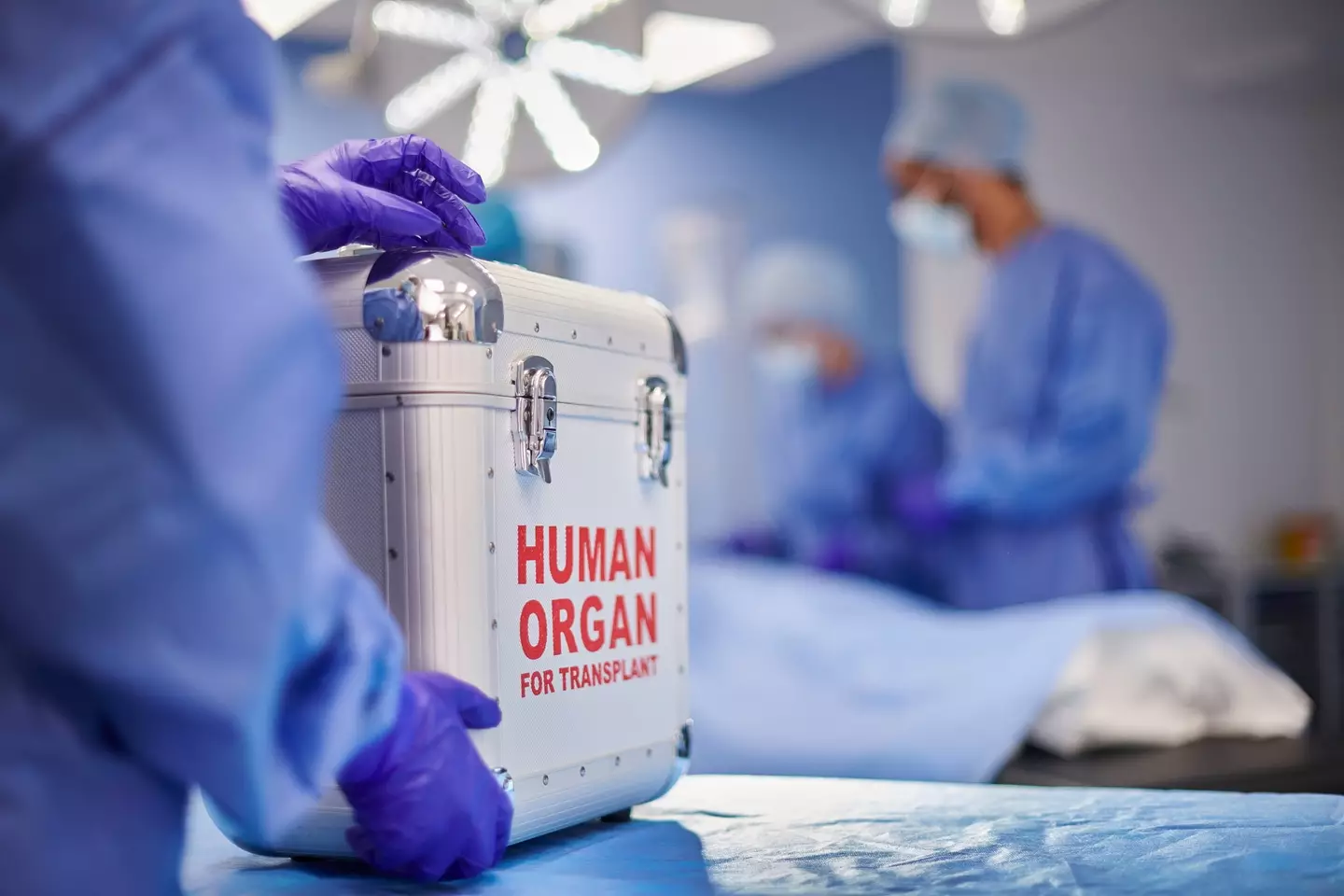
With thousands of people in the UK waiting for an organ transplant, it’s widely known that those who can, should register to donate.
But what actually happens when you die if you are registered?
Well, good news, it’s not like something from Poor Things where your parts are used to recreate a whole new person. There are some organs you can donate while you’re still alive, but most come from those who have died.
What organs can be donated?
By registering to become an organ donor in the UK, you get the choice to donate with some or all of your organs.
All donations can make a huge change to a person’s life and even save it.
Advert
When registering, there is the choice to donate organs such as the heart, kidneys, liver, lungs, pancreas and small bowel. You can also choose to donate your corneas (eyes) and your tissues – like bone.

Are there any exceptions to being an organ donor?
There’s no age limit on being an organ donor and parents and guardians can register their kids – children can actually register themselves.
Just because you have an illness or medical condition doesn’t mean you’ll be totally ruled out as a donor.
“The decision about whether some or all organs or tissue are suitable for transplant is made by medical specialists at the time of donation, taking into account your medical, travel and social history,” the NHS say.
But if a person has or is suspected of having the following, they cannot become a donor:
· Creutzfeldt-Jakob Disease (CJD)
· Ebola virus disease
· Active cancer
· HIV (although in rare cases donors have been used to help others with the same conditions)
Blood is taken from all potential donors and tested.

Can you change your mind about being an organ donor?
Of course, you’re not bound into the decision permanently.
You can change your mind at any time and if you’re recorded on the NHS Organ Donor Register you can complete an amendment form to update it.
What happens if you die in hospital as an organ donor?
A specialist nurse will check the register to see if you had put in a decision around organ donation.

If you had registered the decision to donate, a specialist team will operate as soon as possible after death to retrieve the organs.
Then, after the donation has taken place, the body is always returned to your family in the same way it would with any death at a hospital.
Anyone can register to be an organ donor for when they pass, however, in order to do so, a person needs to die in hospital in ‘specific circumstances’.
What happens if your family don’t support your decision?
While it is totally your decision to sign on to the NHS Organ Donor Register, your family ultimately gets the final say here.
If you want to donate, it’s vital to chat with your loved ones to ensure they are aware of and support your choice.
Your family will always be asked to support your decision to be an organ donor before the donation happens. And if they object, clinicians will never proceed.
You can read more about organ donation in the UK here.